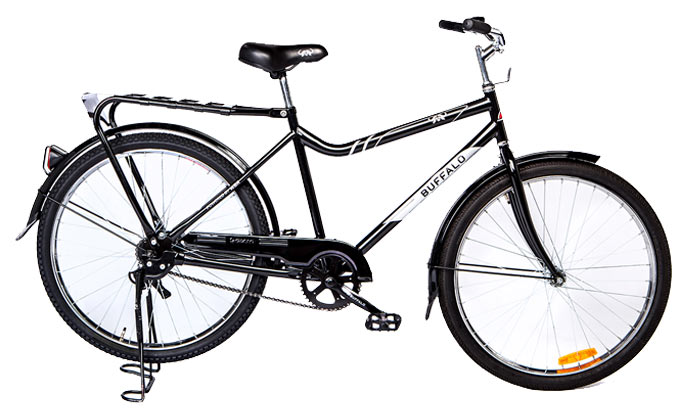LESS than an hour’s drive outside Ethiopia’s capital, Addis Ababa, a farmer walks along a narrow path on a green valley floor after milking his cows. Muhammad Gettu is carrying two ten-litre cans to a local market, where he will sell them for less than half of what they would fetch at a dairy in the city. Sadly, he has no transport. A bicycle sturdy enough to survive unpaved tracks would be enough to double his revenues. At the moment none is easily available. But that may be about to change.
 An affiliate of SRAM, the world’s second-largest cycle-components maker, based in Chicago, is aiming to invest in Ethiopia. Its Buffalo Bicycles look ungainly but have puncture-resistant tires, a heavy frame and a rear rack that can hold 100kg. They are designed and assembled in Africa, and a growing number of components are made there from scratch, creating more than 100 manufacturing jobs. About 150,000 Buffalo bikes are circulating on the continent, fighting puncture-prone competition from Asia.
An affiliate of SRAM, the world’s second-largest cycle-components maker, based in Chicago, is aiming to invest in Ethiopia. Its Buffalo Bicycles look ungainly but have puncture-resistant tires, a heavy frame and a rear rack that can hold 100kg. They are designed and assembled in Africa, and a growing number of components are made there from scratch, creating more than 100 manufacturing jobs. About 150,000 Buffalo bikes are circulating on the continent, fighting puncture-prone competition from Asia.
F.K. Day, a SRAM founder, says he set up his first African workshop in South Africa and is looking at Addis Ababa and Mombasa in Kenya as possible next sites.













